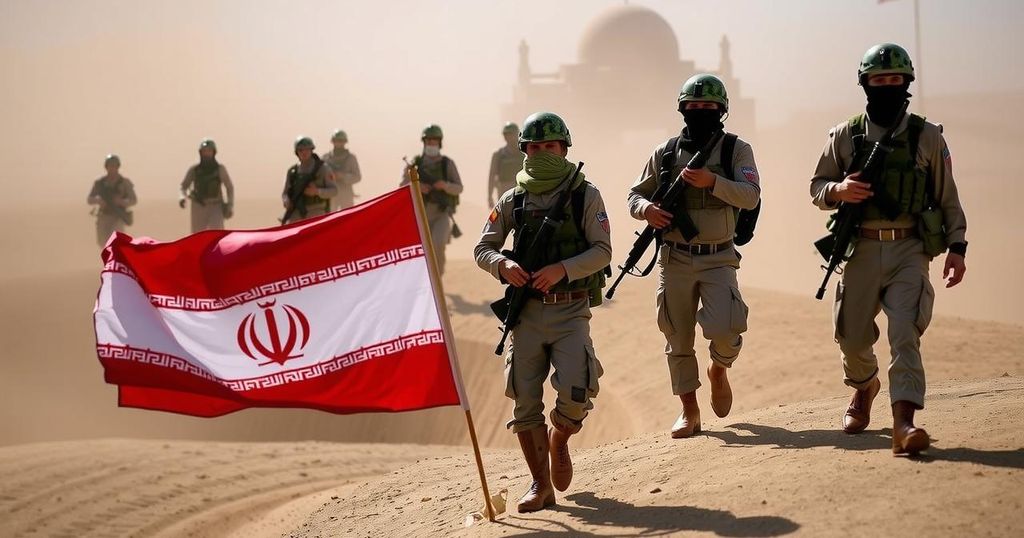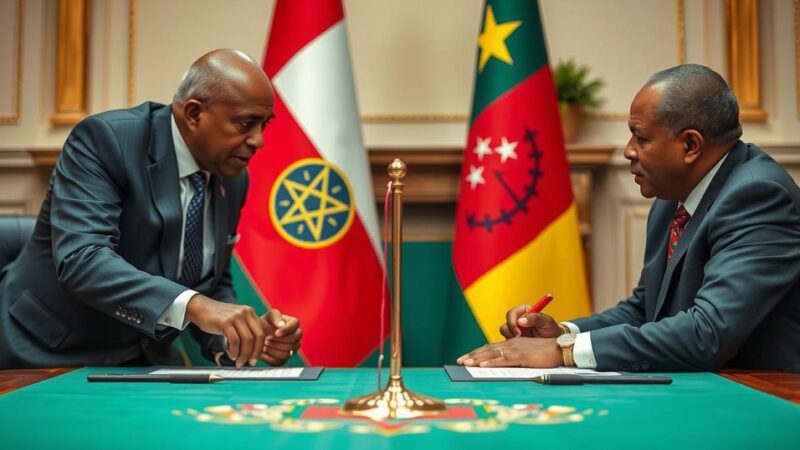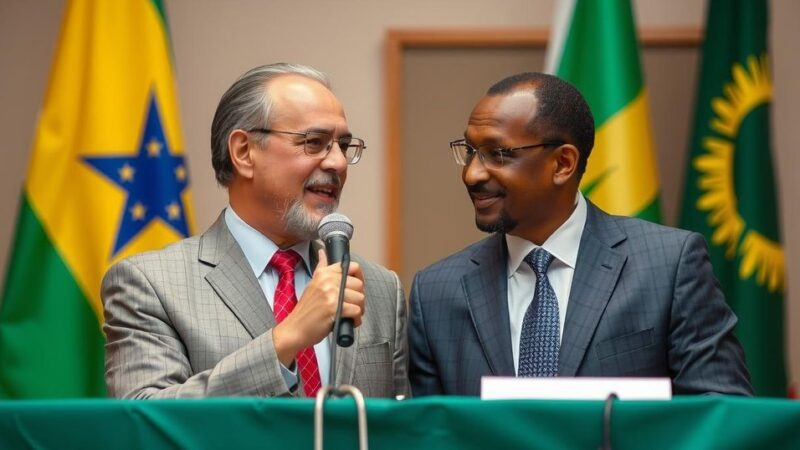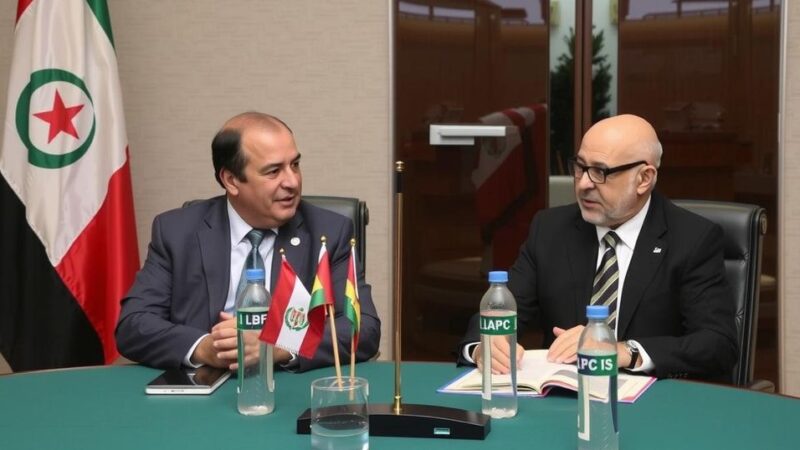The Iraqi Popular Mobilization Units (PMU) reaffirm their allegiance to Iran, specifically honoring former leader Qassem Soleimani. As attention shifts from Israel to Syria following political changes, Iraqi leaders assess implications for their domestic dynamics, particularly in relation to Sunni interests and Kurdish aspirations for unity.
Iraqi militias, particularly the Popular Mobilization Units (PMU), continue to express their unwavering allegiance to Iran, as reported by the state-controlled Iranian news agency IRNA. Faleh Al-Fayyad, the PMU’s leader, revealed during a gathering in Diyala province, intended to celebrate the victory over ISIS, that the militia remains steadfast in its loyalty to Iran, particularly honoring the legacy of Lieutenant General Qassem Soleimani, who was pivotal in the conflict against ISIS before being assassinated by a U.S. drone strike in January 2020.
In recent developments, while Iranian-backed militias have shifted focus away from Israel, their primary attention has moved toward Syria following political changes there. A significant meeting involving Iraqi officials, including Hamid al-Shatri of the Iraqi National Intelligence Service, took place with Syria’s new leader, Ahmed al-Sharaa. Concurrently, Hadi al-Amiri, the head of the Badr Organization under the PMU, remarked that they do not harbor fears about the new Syrian administration but expressed concerns regarding its potential influence on Iraqi politics.
In the larger political context, the changes in Syria are perceived by Sunni leaders in Iraq as potentially beneficial, while stakeholders in the Kurdish region are monitoring the situation closely. The Kurdistan Democratic Party (KDP) is particularly attentive to these developments, hopeful that a united Kurdish front may be realized in eastern Syria while simultaneously considering the implications for Iraq’s political landscape.
The Popular Mobilization Units (PMU) of Iraq, which consist of various militias primarily supported by Iran, have historically been involved in the fight against ISIS. The PMU’s allegiance to Iran has been a subject of discussion as Iran plays a crucial role in shaping Iraqi political and military dynamics. The assassination of General Qassem Soleimani, who significantly influenced the PMU’s operations, continues to resonate within Iraqi militia discussions. The recent political changes in Syria introduce new dynamics that may affect both Iraqi militias and the political climate in Iraq.
In summary, Iraqi militias, led by the PMU, maintain strong ties to Iran and express their loyalty despite shifting circumstances. Their focus has transitioned from Israel to Syria, reflecting regional political developments. Leaders in Iraq, including both Sunni and Kurdish factions, perceive potential changes in Syria as influential for their own political aspirations, underscoring the interconnectedness of Iraq’s security and political landscape with that of its neighbors.
Original Source: www.jpost.com







